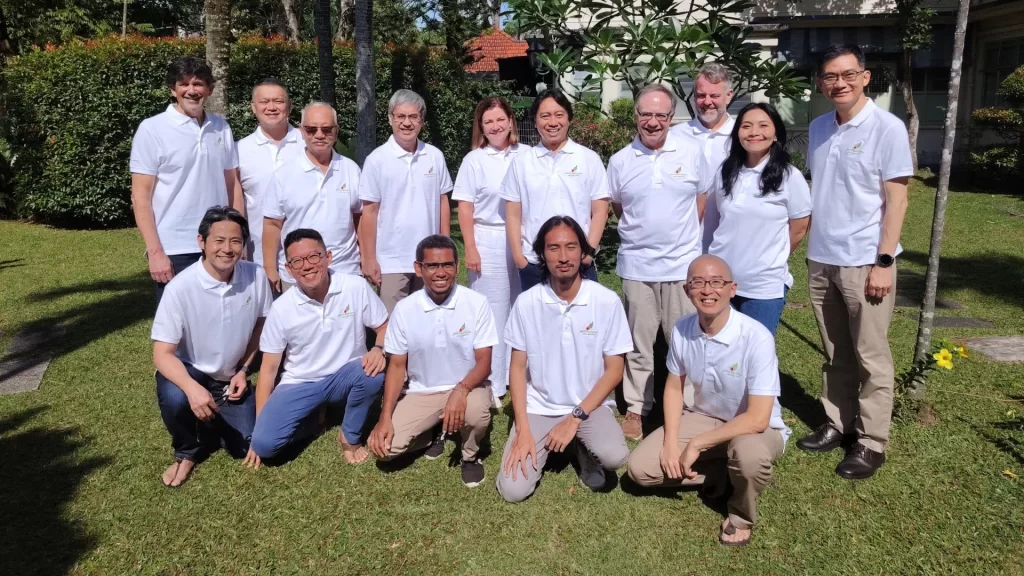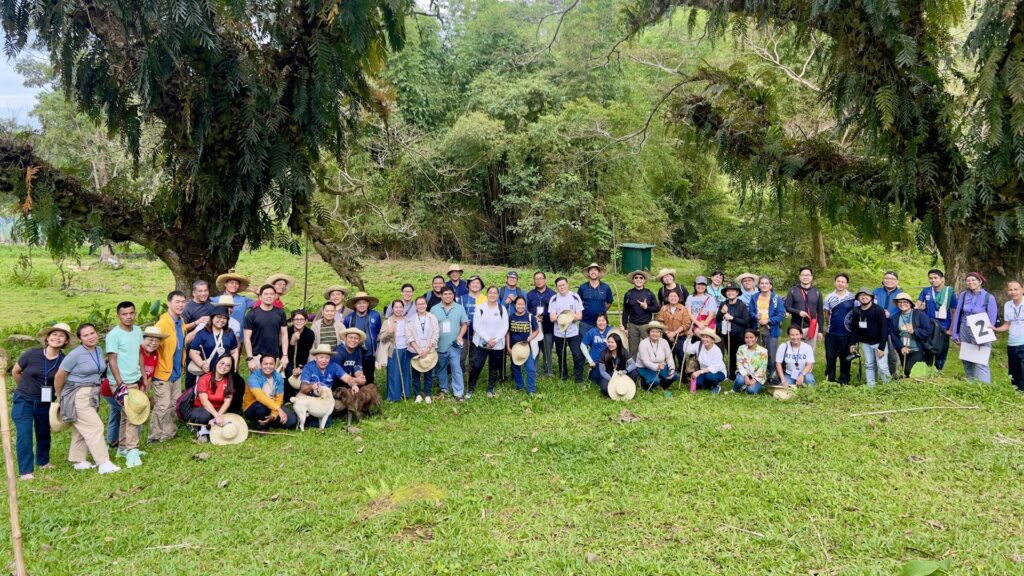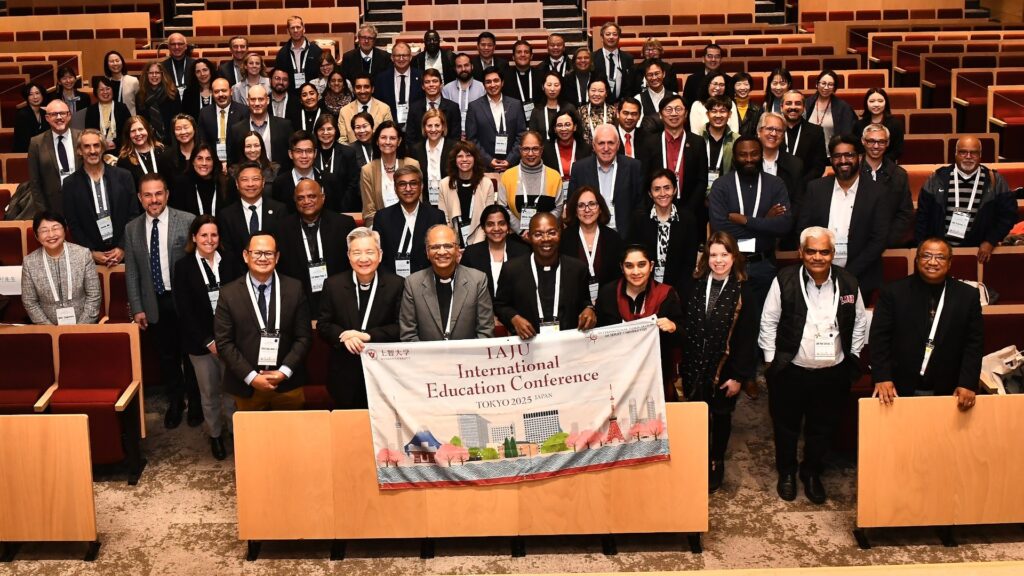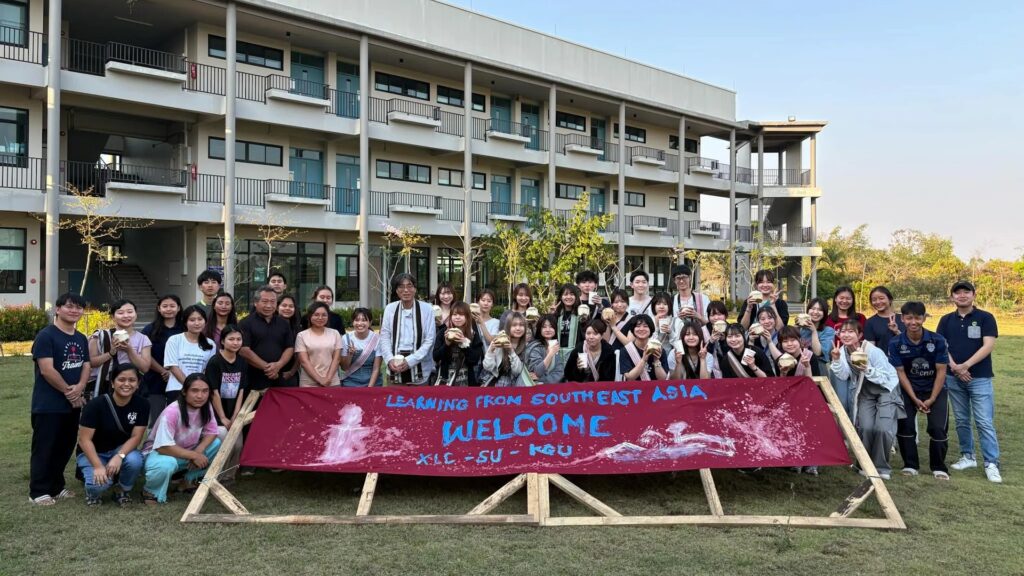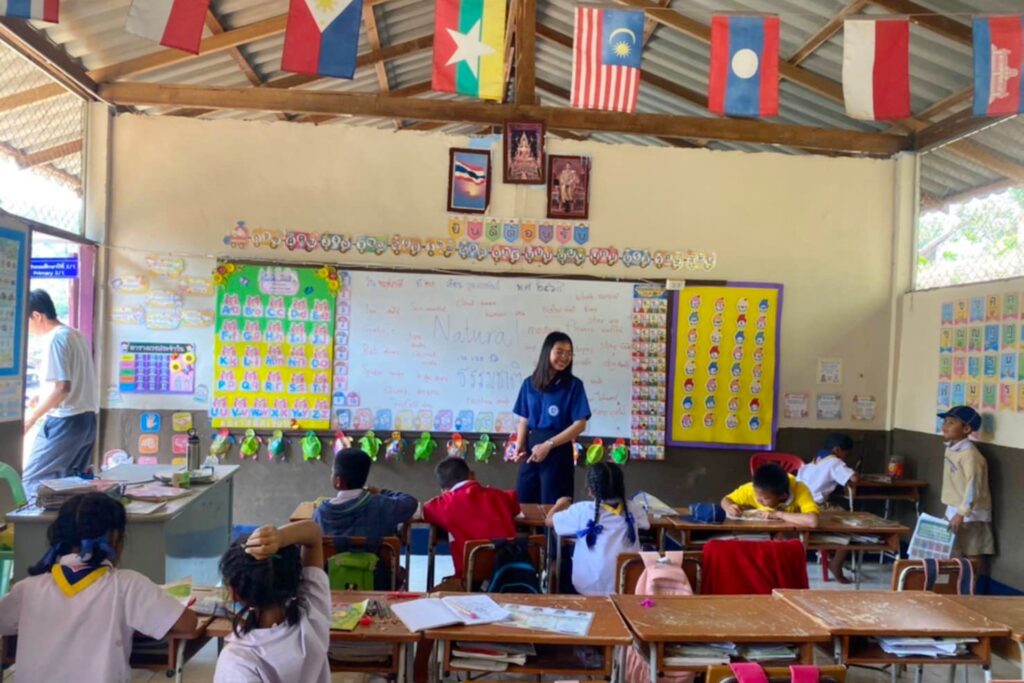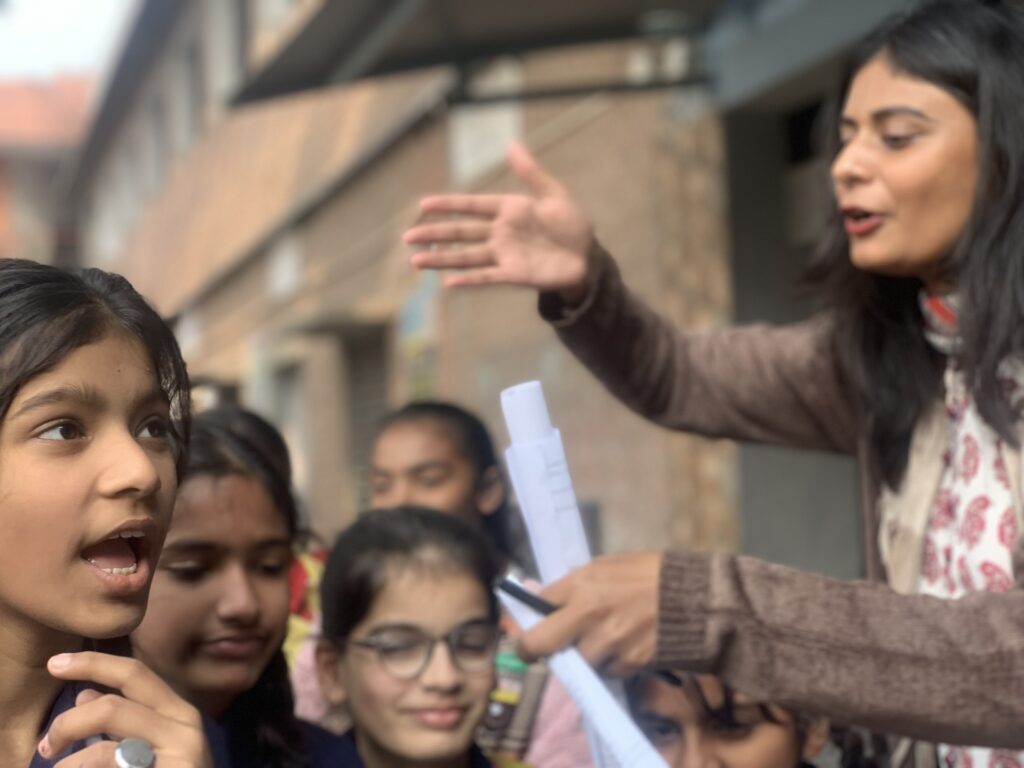In his recent visit to the United States, Fr Adolfo Nicolás SJ, superior general of the Society of Jesus, met for the first time with all presidents and board of trustee chairs of the 28 Jesuit colleges and universities in the country. During this historic meeting at Loyola University Chicago on October 11, Fr Nicolás shared his thoughts on how the spirituality of St. Ignatius of Loyola (founder of the Society of Jesus) can inspire the presidents’ and chairs’ leadership of their institutions today.
Fr Nicolás said, “In the understanding of St. Ignatius, the principal function of a leader is to help the members of a community grow to become the living presence of God in the world. In the Ignatian concept of service, there is always the very important fact that growth leads to transformation. If there is no transformation, the process has failed.”
He challenged the presidents and board chairs, as well as the Jesuit provincials of the US, to decide how they can more effectively lead their institutions in the future. He asked, “What selfless actions — based in the freedom, generosity, and shared values as a community committed to Jesuit higher education — might God be asking you to lead at your particular institution?” He then asked the same question about the way all 28 institutions could collaborate with each other. He said, “I have no doubt that you are the right group to begin with consideration of these questions, for you have the talents and temperament, the head and heart, to do what needs to be done.”
Fr Nicolás concluded his talk by thanking attendees for their service to US Jesuit higher education. He said, “Jesuit, Catholic institutions of higher education would not be the important apostolic instruments they have become without you. They will not flourish in the future without your commitment and hard work. Thank you for being part of this important apostolate of the Society of Jesus.” [Association of Jesuit Colleges and Universities]

